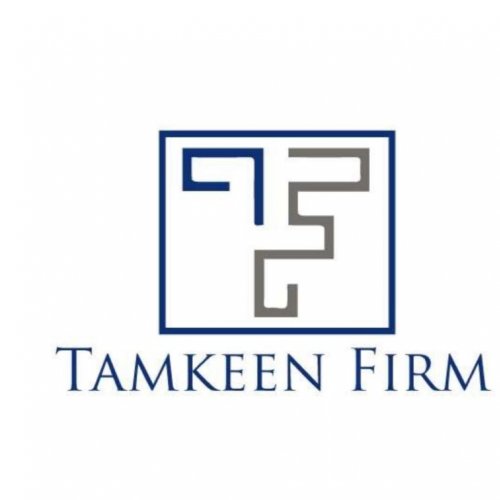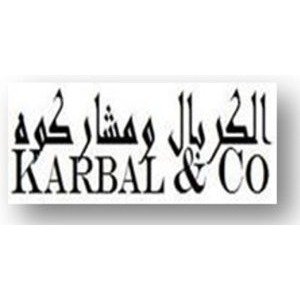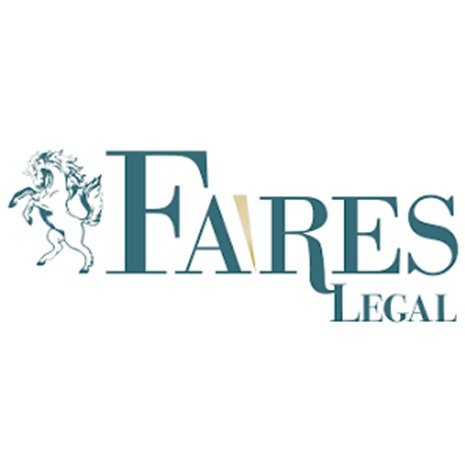Best FDA Law Lawyers in Tripoli
Share your needs with us, get contacted by law firms.
Free. Takes 2 min.
List of the best lawyers in Tripoli, Libya
About FDA Law in Tripoli, Libya
Food and Drug Administration (FDA) Law in Tripoli, Libya refers to the legal framework that governs the safety, quality, production, distribution, and marketing of food, pharmaceuticals, medical devices, cosmetics, and related products in Libya's capital and beyond. The legal structure is primarily enforced by the Libyan General Food and Drug Control Center (GFDCC), which is tasked with regulatory oversight, inspections, and ensuring compliance with national and international standards. FDA Law in Tripoli aims to protect public health by maintaining strict control over products circulating in the Libyan market, including importation, manufacturing, labeling, and advertising.
Why You May Need a Lawyer
Navigating FDA Law in Tripoli can be complex, especially for individuals and businesses operating in food production, importation, pharmaceuticals, or medical devices. You may require a lawyer if:
- You are starting a new food or pharmaceutical business and need guidance on licensing and regulatory requirements.
- Your business is facing allegations of non-compliance with labeling, quality, or safety standards.
- You are dealing with the import or export of food, drugs, dietary supplements, or cosmetics and have encountered customs clearance challenges.
- Your product has been subjected to a recall or market withdrawal by authorities.
- You need to challenge an administrative penalty or appeal a regulatory decision.
- Your intellectual property rights concerning packaged foods or pharmaceuticals have been violated.
- You are concerned about counterfeit goods or require help addressing consumer complaints or liability.
A knowledgeable lawyer can provide crucial advice, represent you before regulatory bodies, and help ensure compliance, thereby minimizing risks and potential disruptions to your business or personal affairs.
Local Laws Overview
Libyan FDA Law is primarily shaped by the National Food and Drug Control Law, the Ministry of Health regulations, and decrees issued by the GFDCC. Key aspects relevant to Tripoli include:
- Registration and Licensing: All manufacturers, importers, and distributors of food, drugs, and medical devices must obtain appropriate licenses. Registration with the relevant state and municipal authorities is mandatory before products can be marketed or sold.
- Labeling and Packaging: Specific regulations dictate the information required on packaging, including ingredients, expiration dates, batch numbers, and instructions for use. Labels must be accurate and not misleading.
- Quality Control and Inspections: Routine inspections of manufacturing facilities, storage units, pharmacies, and retail outlets are carried out. Products are subject to laboratory testing for quality, safety, and compliance.
- Product Safety: Unsafe or substandard products can be seized and recalled. The law outlines the procedures for reporting and investigating adverse effects or contamination.
- Advertising and Promotion: Advertising of food and drugs is strictly controlled. Misleading advertisements or unproven health claims can result in severe penalties.
- Import and Export Controls: Imports of food and drug products must comply with Libyan quality and safety standards. Non-compliant items may be confiscated at port of entry.
Understanding these laws ensures lawful operation in Tripoli’s regulated sectors and safeguards public health.
Frequently Asked Questions
What is the role of Libya's Food and Drug Control Center?
The General Food and Drug Control Center enforces regulations on the import, production, marketing, and safety of food, drugs, and medical devices, and ensures that products meet quality and safety standards.
Do I need a license to import food or pharmaceuticals into Libya?
Yes, all importers must obtain a valid license from the relevant regulatory authorities before bringing food or pharmaceutical products into Libya.
What are the main labeling requirements for food products in Tripoli?
Labels must list ingredients, manufacturing and expiration dates, country of origin, batch numbers, and any specific storage or usage instructions, all in clear Arabic language.
How can I handle a product recall in Tripoli?
If your product is recalled, you must comply with GFDCC guidelines, notify customers, remove the product from sale, and cooperate with investigations and corrective measures.
What penalties might my business face for violating FDA Law?
Penalties may include fines, suspension or revocation of licenses, confiscation of goods, and in severe cases, criminal prosecution.
Are herbal medicines and dietary supplements regulated?
Yes, herbal medicines and dietary supplements are regulated as food or pharmaceuticals, depending on their claims, and must comply with registration and quality control requirements.
Can I advertise my food or pharmaceutical product freely in Tripoli?
No, advertising is strictly regulated. All advertising content must be approved by the relevant authorities, and unsubstantiated health or medical claims are prohibited.
What should I do if my competitor is selling counterfeit products?
You should report the matter to the GFDCC and seek legal advice. Legal remedies are available to protect your business and consumers.
Are imported foods subjected to laboratory testing?
Yes, imported foods are subject to laboratory analysis and inspection at entry points to ensure they comply with Libyan safety and quality standards.
What legal recourse do consumers have against companies selling unsafe products?
Consumers can file complaints with the GFDCC or other regulatory bodies and may seek compensation or legal action for harm caused by unsafe products.
Additional Resources
For more information and assistance concerning FDA Law in Tripoli, the following resources may be useful:
- General Food and Drug Control Center (GFDCC) - The main regulatory body for all food and drug-related matters in Libya.
- Ministry of Health, Libya - Oversees public health regulations, pharmaceutical standards, and medical device oversight.
- Municipal Health Departments - Handle local licensing, inspections, and enforcement in Tripoli.
- Chamber of Commerce and Industry - Provides guidance to businesses on compliance and regulatory requirements.
- Certified Legal Practitioners - Qualified lawyers specializing in FDA Law can represent clients before authorities and courts.
Next Steps
If you need legal assistance regarding FDA Law in Tripoli, start by gathering all relevant documents such as business licenses, product registrations, inspection reports, or correspondence with authorities. Consult a lawyer who specializes in FDA Law or regulatory compliance. They can assess your situation, explain your rights and obligations, and develop a legal strategy. Acting promptly helps ensure you maintain compliance, avoid penalties, and protect your personal or business interests. Consider reaching out to the regulatory authorities for initial guidance, but always seek professional legal advice before making major decisions or submissions.
Lawzana helps you find the best lawyers and law firms in Tripoli through a curated and pre-screened list of qualified legal professionals. Our platform offers rankings and detailed profiles of attorneys and law firms, allowing you to compare based on practice areas, including FDA Law, experience, and client feedback.
Each profile includes a description of the firm's areas of practice, client reviews, team members and partners, year of establishment, spoken languages, office locations, contact information, social media presence, and any published articles or resources. Most firms on our platform speak English and are experienced in both local and international legal matters.
Get a quote from top-rated law firms in Tripoli, Libya — quickly, securely, and without unnecessary hassle.
Disclaimer:
The information provided on this page is for general informational purposes only and does not constitute legal advice. While we strive to ensure the accuracy and relevance of the content, legal information may change over time, and interpretations of the law can vary. You should always consult with a qualified legal professional for advice specific to your situation.
We disclaim all liability for actions taken or not taken based on the content of this page. If you believe any information is incorrect or outdated, please contact us, and we will review and update it where appropriate.











